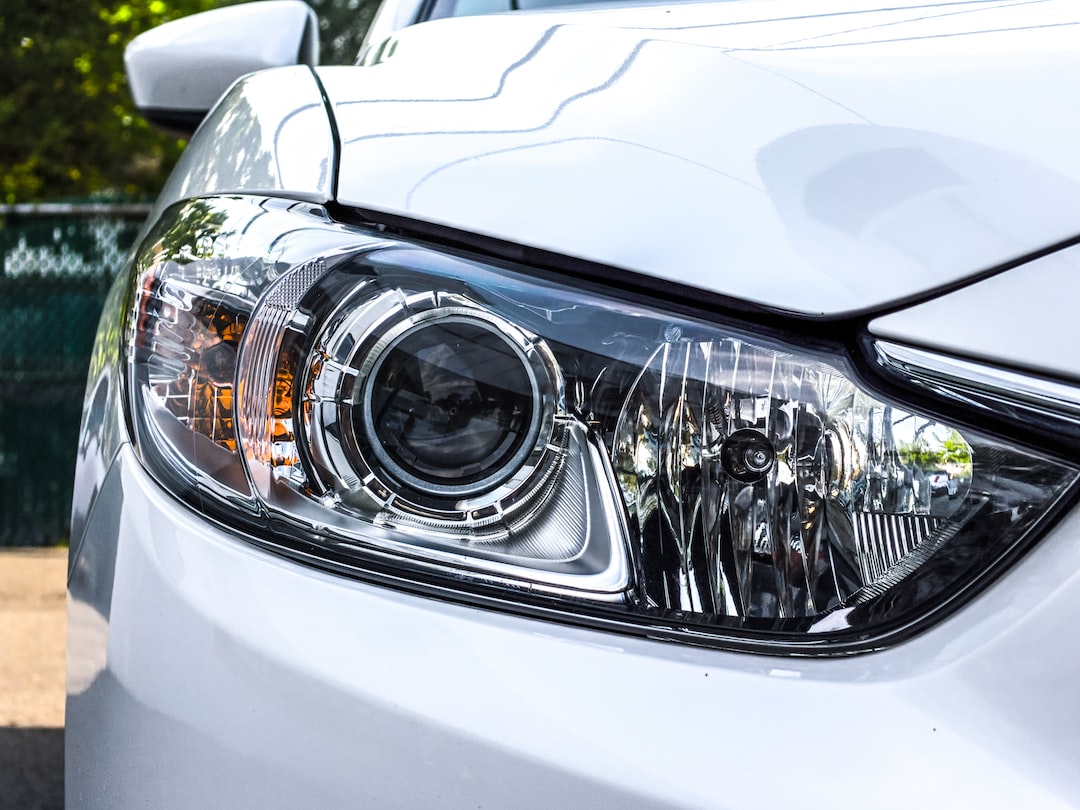The Role of Artificial Intelligence in Modern Cars
Over the past few decades, technology has rapidly evolved and has become an integral part of our daily lives. One of the most exciting advancements in recent times is the integration of Artificial Intelligence (AI) in modern cars. AI has revolutionized the automotive industry by enhancing the safety, efficiency, and overall driving experience. In this blog post, we will explore the role of AI in modern cars and how it is shaping the future of transportation.
One of the key areas where AI has made significant contributions in modern cars is in the field of safety. AI-powered systems are capable of analyzing vast amounts of data from various sensors such as cameras, radars, and lidars to detect and prevent potential accidents. For instance, autonomous emergency braking systems can sense pedestrians or other vehicles in the path and automatically apply the brakes to avoid a collision. Moreover, AI can analyze driving patterns and anticipate driver behavior, enabling systems like lane-keeping assistance and adaptive cruise control to keep the car within its lane and maintain a safe distance from other vehicles. These AI-driven safety features have proven to be effective in reducing accidents and saving lives on the roads.
In addition to safety, AI has also greatly influenced the efficiency of modern cars. AI-powered algorithms can optimize fuel consumption by analyzing driving conditions and suggesting the most efficient routes to the destination. This not only saves fuel but also helps reduce carbon emissions, making cars more environmentally friendly. Furthermore, AI can monitor and analyze a vehicle’s performance in real-time, identifying any potential issues or malfunctions. This proactive approach allows for timely maintenance and prevents costly breakdowns, thus increasing the overall reliability and longevity of the vehicle. By leveraging AI, car manufacturers can also design more streamlined and aerodynamic vehicles, further improving fuel efficiency.
Another significant aspect of AI in modern cars is the integration of voice recognition and natural language processing. AI-enabled voice assistants such as Alexa, Siri, or Google Assistant can understand and respond to a driver’s verbal commands, enabling them to control various functions in the car hands-free. Whether it’s adjusting the temperature, changing the radio station, or making a phone call, these voice assistants make the driving experience safer and more convenient. Additionally, natural language processing allows AI systems to understand the context of a conversation and provide accurate responses. This technology is continuously evolving, and we can expect even more advanced voice-enabled AI capabilities in the future.
The advancements in AI have also paved the way for the development of autonomous vehicles. Self-driving cars, powered by AI algorithms, use data from sensors to navigate and make decisions without human intervention. This technology has the potential to transform transportation by reducing traffic congestion, improving mobility for individuals with disabilities, and enhancing overall road safety. Companies like Tesla, Waymo, and Uber are actively working on autonomous vehicle technology, and although there are still challenges to overcome, the prospects of a future with self-driving cars look promising.
However, as with any technological advancement, there are concerns surrounding the role of AI in modern cars. One of the main concerns is privacy and data security. As cars become increasingly connected and collect vast amounts of data, it is essential to ensure that this data is protected from cyber threats. Car manufacturers need to implement robust cybersecurity measures to safeguard user information and prevent unauthorized access. Additionally, ethical considerations like liability and decision-making in critical situations need to be carefully addressed to ensure a responsible integration of AI in modern cars.
In conclusion, AI has brought significant advancements to modern cars, transforming them into intelligent machines that improve safety, efficiency, and the overall driving experience. From advanced safety features to autonomous driving, AI is shaping the future of transportation. The integration of AI offers numerous benefits such as reduced accidents, optimized fuel consumption, and enhanced convenience. However, it is crucial that car manufacturers address concerns regarding privacy, data security, and ethical considerations to ensure a responsible and secure implementation of AI in the automotive industry. As technology continues to progress, we can expect even more exciting advancements in the role of AI in modern cars, making transportation safer and more efficient for all.

